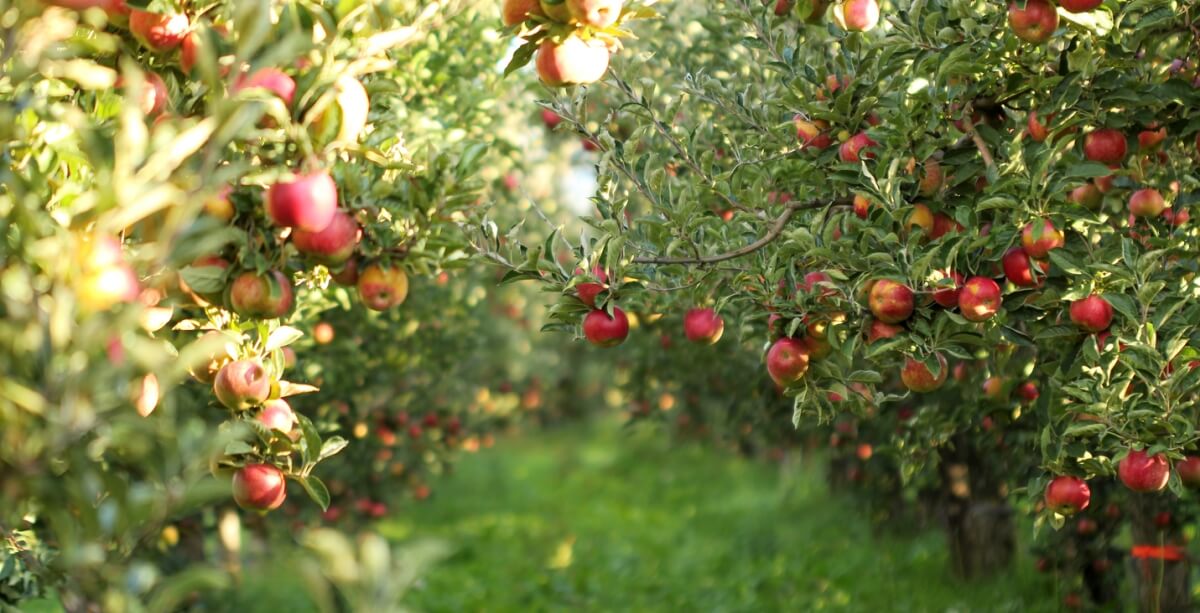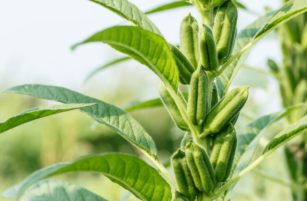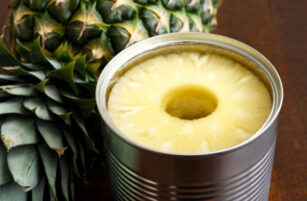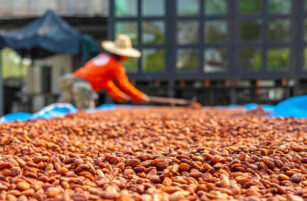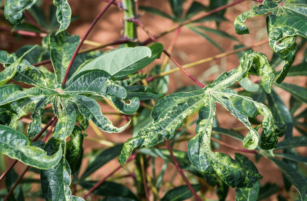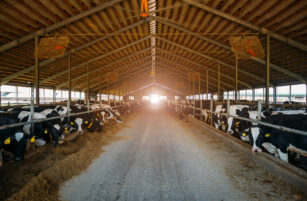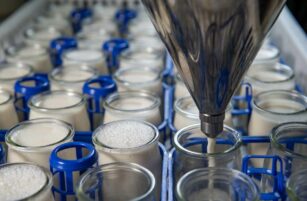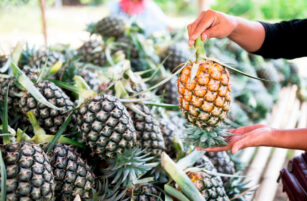Insight Focus
- Hot and dry weather in Europe could lead to poor apple production.
- The Chinese government is encouraging farmers to plant other crops.
- Higher apple and apple juice concentrate prices are likely.
The Polish harvest started in August looking to offer high and medium acidity during the season. Thus with other producers in the region starting in the following weeks, including China with low acidity produce, leads us to conclude the Northern Hemisphere Apple harvest is ready for orders.
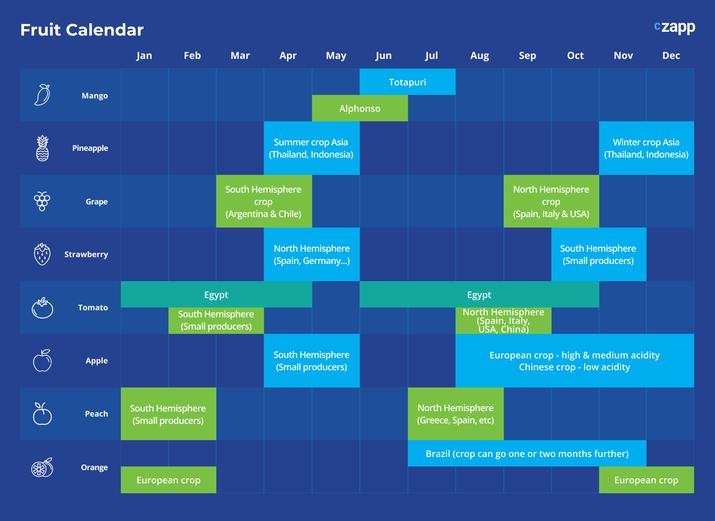
The World Apple and Pear Association has published its EU Crop Forecast for 2023. The dry weather in the middle of 2022 and 2023, and poor pollination, has affected European apple crops. The 2023 harvest will be around 3.3% lower than the previous year’s, at 11.4m tonnes of fresh apples. As a result, global apple production will reach its lowest level in 12 years.
Poland
Poland is one of the largest producers and importers of apples and apple juice concentrate (AJC). Apple season has just started, fruit is being delivered and offers are being made.
Frost had a negative impact on the early bloom, which means apple output will be 11% lower year on year. In weight terms, this means Poland will harvest 4m tonnes of apples, representing around 320m tonnes of AJC.
It’s possible future apple output is helped by Polish government support. The government has already intervened to help berry prices, which had been hit by low demand. There are parliamentary elections in Poland in October 2023
Poland is a Major European Supplier of Apples
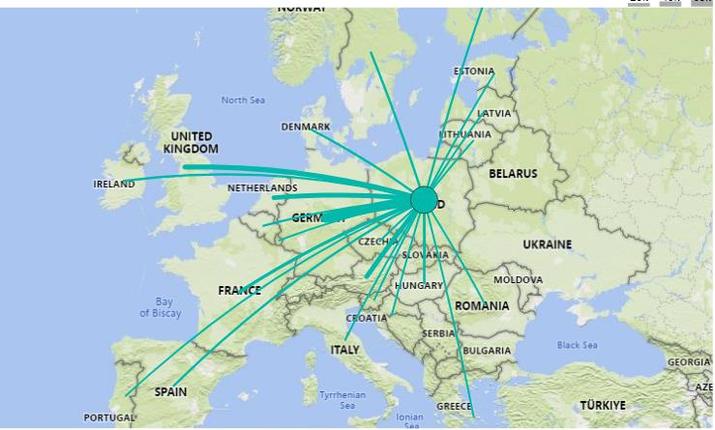
China
Extreme weather has hit Chinese apple production this year too. In addition, the government has been encouraging farmers to grow other crops, leading to a contraction in orchards in the north and west of the country.
Therefore, AJC production will be down by around 50%, to 300k tonnes. Demand will be dependent on customers accepting high Chinese prices.
United Kingdom
With one month to go before the start of the British crop, the forecast is no different in the UK. June 2022 was a good time for apple crops, with the dry weather helping enhancing taste and flavour of the produce. But the heat wave also has its downside, as trees have fewer fruit to offer.
This small production together with rising energy costs have increased the cost of production, affecting fruit as well as apple juice concentrate prices. The UK is an AJC deficit market, importing around 50k tonnes a year. It is therefore possible that imports will increase this year, not only due to the reduced crop but also because of local high prices.
